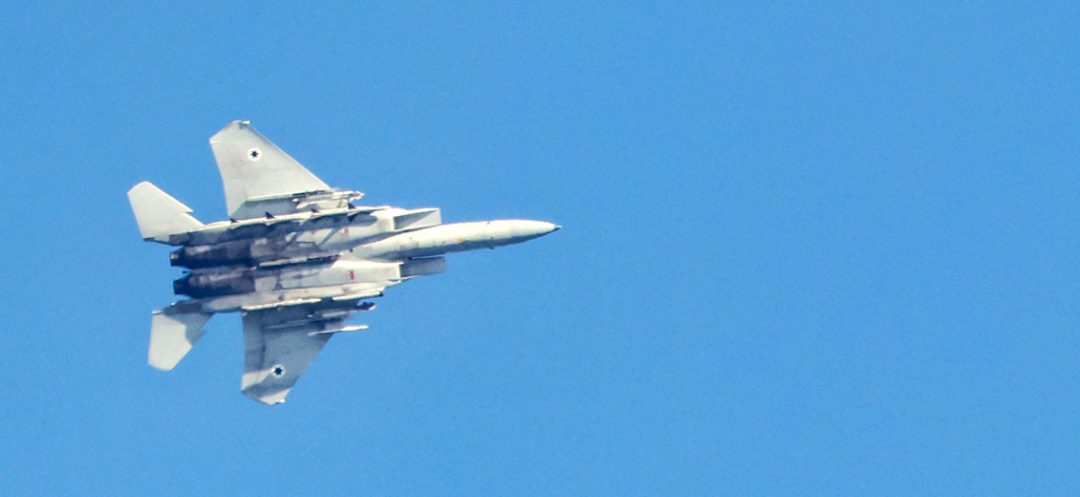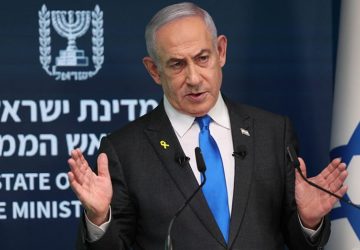Despite international efforts to achieve a ceasefire between Israel and Hezbollah, Tel Aviv remains determined to pursue its attacks against the pro-Iranian group, which fuels fears of a wider war, voiced by the United States and the European Union. A ceasefire agreement could be reached at any time, however, as the White House noted on Thursday, highlighting that “the initiative to implement a truce was launched in coordination with Israel.”
Israeli Prime Minister Benjamin Netanyahu denied on Thursday that he had approved a 21-day ceasefire with Hezbollah, and assured, upon his arrival in New York, that strikes against this group would continue “with full force”, until all displaced Israelis return home. “We will not stop until we achieve all our objectives, first and foremost, the return of the northern residents to their homes,” he said. “Our policy is very clear, so nobody should misunderstand it,” he added.
In the meantime, his Defense Minister Yoav Gallant gave the green light for a new series of military operations against Hezbollah.
“We will continue our operations to eliminate Hezbollah terrorists, their military infrastructure, their rockets,” he wrote on his X account.
He mentioned a “range of measures envisaged to ensure the return of displaced Israelis to their homes” and promised to “continue to destabilize and weaken Hezbollah”.
Israeli Chief of Staff, Herzi Halevi, announced as well that his country “must continue to strike at Hezbollah”, stressing that Tel Aviv had been “waiting for this opportunity for years.” According to him, the Israeli army “must continue to eliminate Hezbollah leaders.”
Risk of an All-Out War
However, the United States and the European Union warned of the risk of all-out war if the military conflict continues, especially as Israel appears to be preparing for a ground incursion.
The US Secretary of Defense, Lloyd Austin, warned against this risk, while noting that a diplomatic solution remains possible.
“We now face the risk of an all-out war that would be devastating for both Israel and Lebanon,” he warned at the end of a meeting with his British and Australian counterparts in London.
“I want to make it clear that Israel and Lebanon can choose a different path. Despite the brutal escalation of recent days, a diplomatic solution is still possible,” added Mr. Austin, quoted by the Israeli media.
The European Union also expressed “extreme concern” about the ongoing conflict.
“Any further escalation would have dramatic consequences for the region and beyond,” warned EU diplomatic chief Josep Borrell, who called for “the implementation of immediate de-escalation measures.”
“We urge both sides to urgently implement a ceasefire on both sides of the Blue Line that effectively and immediately ends all cross-border threats, and to work towards the full implementation of UN Security Council Resolution 1701, in order to ensure the safe return of displaced populations on both sides of the border, as part of a broader negotiated settlement,” Borrell stressed. He called on the international community to “mobilize in support of ongoing diplomatic efforts to that end.”
“We commend and strongly support the efforts of France and the United States to achieve a negotiated ceasefire. We call on all parties to protect and support the important mission of UNIFIL”, affirmed the European High Representative on behalf of the EU.
He also called for respect for international humanitarian law, and “deplored the heavy price paid by civilians, including children and UN staff,” before reaffirming the EU’s support for Lebanese institutions, mainly the army.





